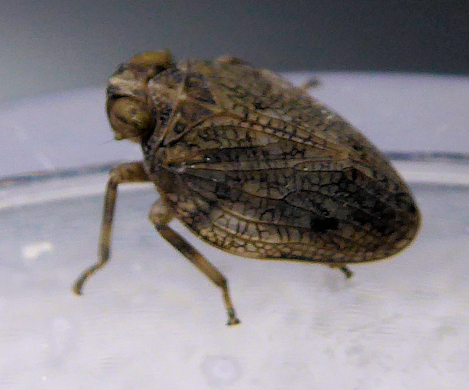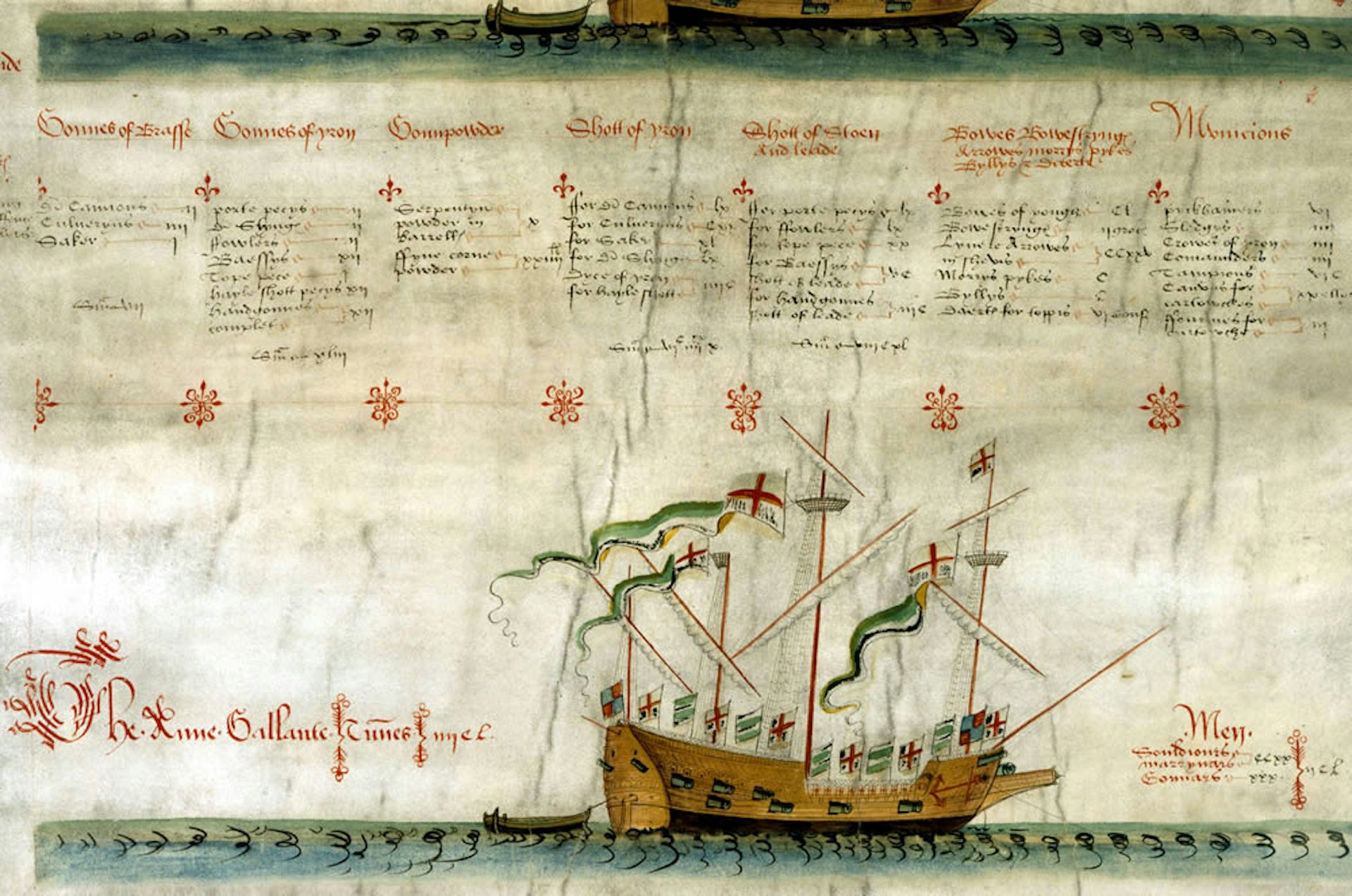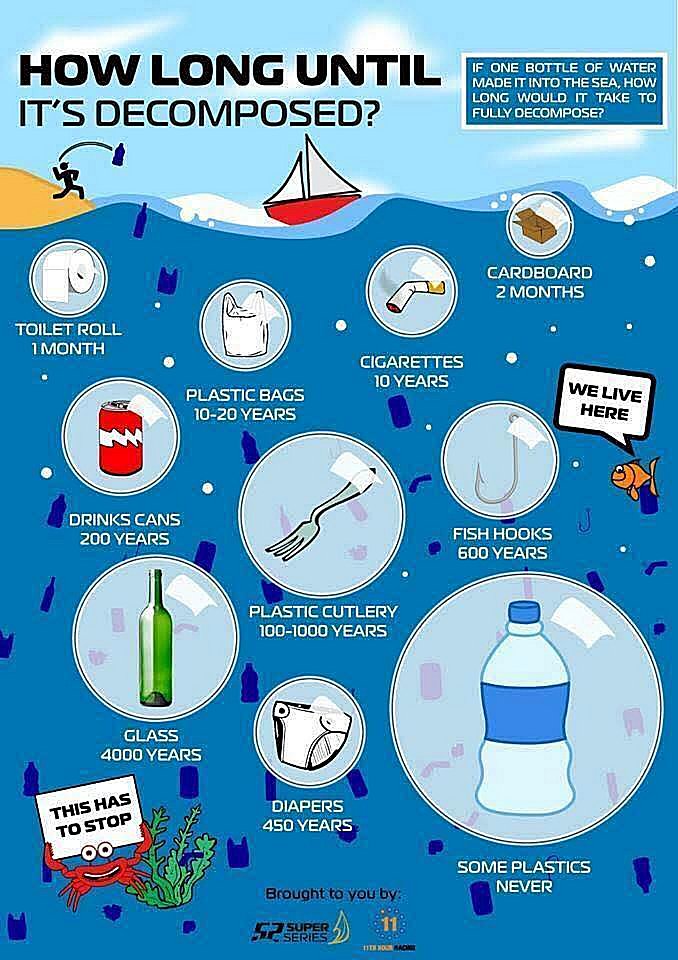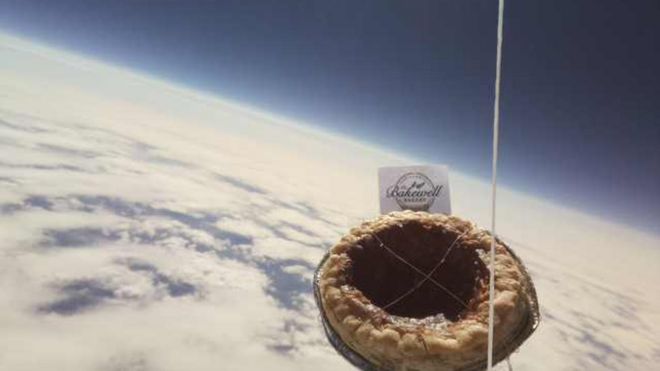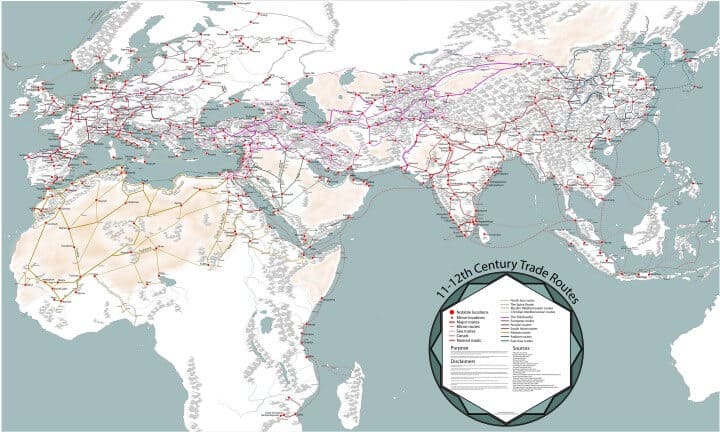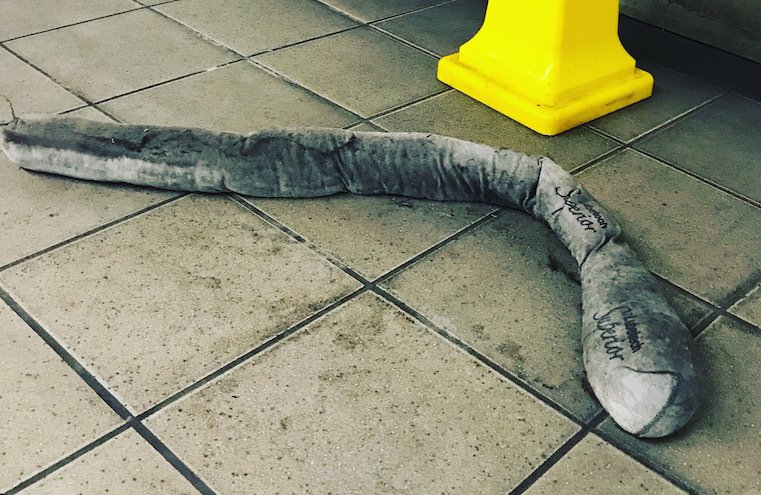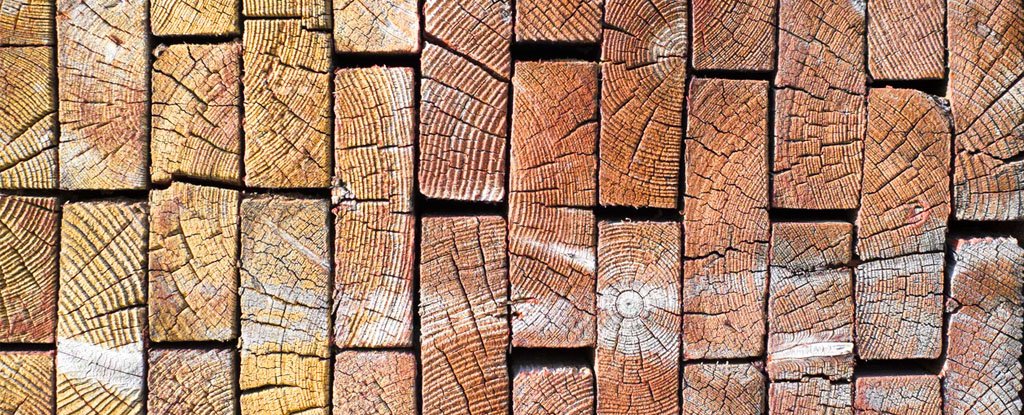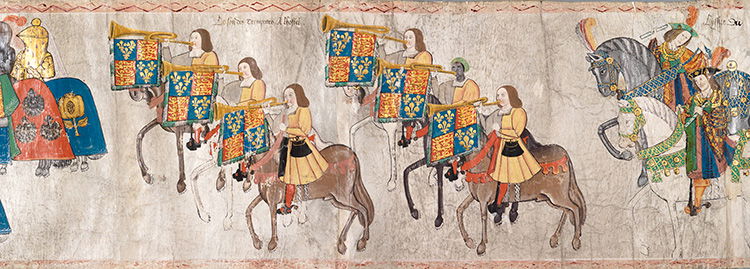WTF happened there? Where has this year gone? It’s already the end of November and we’re deep into SAD season. But let’s not despair ‘cos here’s our monthly selection of links to items you might have missed the first time round.
Science, Technology & Natural World
If you’re an AI designer the Law of Unintended Consequences is never far away. Such systems are well known for gaming the system with a solution that satisfies the stated objective but fails to solve the problem according to the human designer’s intent. There’ll be some examples at the end of this post.
A violent storm on the Sun could cripple communications on Earth and cause huge economic damage, but why are solar storms such a threat?
Health & Medicine
Here are six surprising drug interactions which often fly under the radar but which you should know about. Even I knew about only two of them.
This one is definitely straight out of the “I Don’t Believe It” drawer … apparently llama blood may provide clues to beating the flu.
Researchers at the University of Portsmouth are investigating how the proportion of fat and glandular tissue affects the perkiness of boobs, and why one bra design doesn’t fit all.
Our favourite OB/GYN, Dr Jen Gunter, takes a look at the menopause, and her personal experience in deciding how to manage it.
GPs in England are being encouraged to prescribe social activities to their patients as part of the government’s strategy to combat loneliness. But this is raising some ethical questions: are the consequences acceptable and does the initiative respect people as people?
As so often, the ancient Chinese had an inventive way of doing things: pay your doctor as long as you’re healthy; when you’re sick they’ve failed and don’t get paid.
Sexuality
Here’s one good example of why we must not be too scared to talk about teenagers having sex.
Labour MP Jess Phillips is campaigning to ensure girls are taught about their sexuality from a young age so they form healthy sexual relationships as adults and not just “how to handle and dispose of men’s pleasure safely”. Read her views here and here.
On the other side of the coin, a survey confirms that stress damages many people’s sex lives.
So now relax ‘cos you’re unlikely to be masturbating too much.
Environment
Scientific American looks at why we really do need innovative nuclear power.
History, Archaeology & Anthropology
Researchers have been taking an in depth look at Neanderthal teeth, and discovering some surprisingly intimate details of their daily life.
Meanwhile others have been dating the oldest known animal painting which has been found in a cave in Borneo. I’m glad they know it’s an animal.
Still with animals but much closer to home, archaeologists at the Vindolanda fort have uncovered a Roman dog with fur intact. Well they say it’s Roman, but they also say it is 2000 years old: both cannot be true!
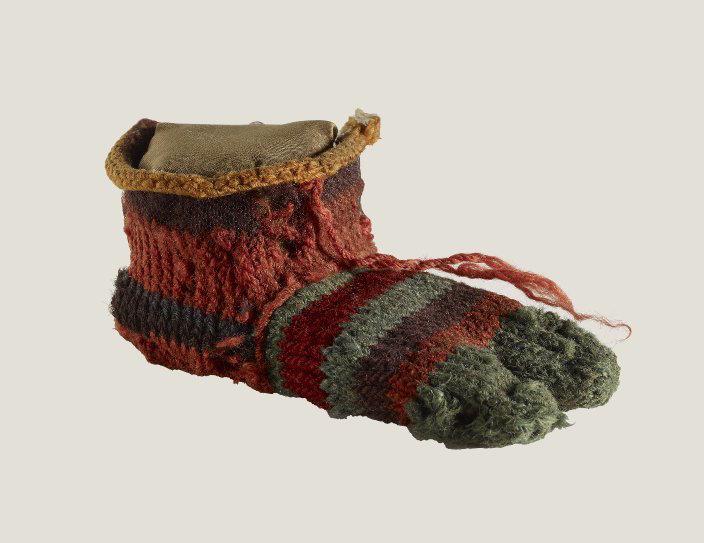
Yet another group, this time at the British Museum, have been delving into Egyptian fashion and examining a 1700-year-old child’s left sock.
Since Ancient Roman times, and right up to Hollywood, witches have been seen as figures of fun as well as malevolence.
From at least 1000 years ago the Peruvians were into making holes in their heads.
Finally in this section, and coming almost up to date, a dredging project at Blenheim Palace has uncovered over 30 rooms flooded when Capability Brown created the estates lakes.
Food & Drink
The Marine Conservation Society has been looking at the humble fish finger and found that they are surprisingly sustainable and some of the best products to buy are also the cheapest.

Shock, Horror, Humour
Finally, we promised some more on the unintended consequences of AI. There are quite a few examples in a Google document, including these two:
A self-driving car which was rewarded for speed learnt to spin in circles.
In an artificial life simulation where survival required energy but giving birth had no energy cost, one species evolved a sedentary lifestyle that consisted mostly of mating in order to produce new children which could be eaten (or used as mates to produce more edible children).
Remember: If a system can be gamed, someone or something will game it.
Enjoy your Christmas turkey!


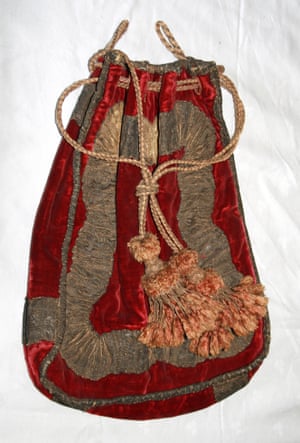 King Henry I is said to have died of a surfeit of lampreys, and now archaeologists in London have found
King Henry I is said to have died of a surfeit of lampreys, and now archaeologists in London have found 